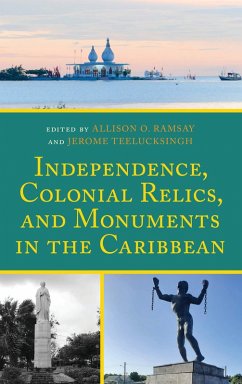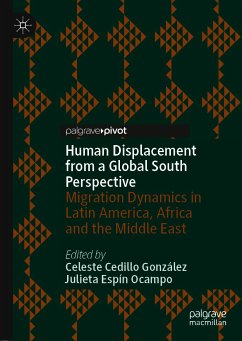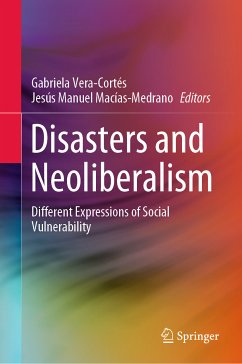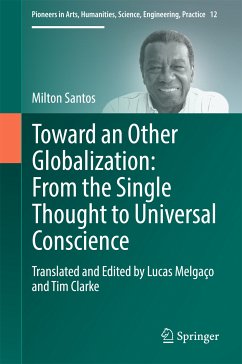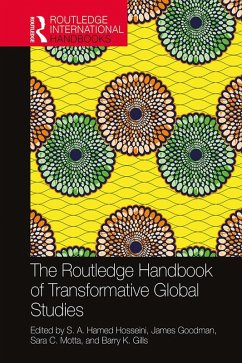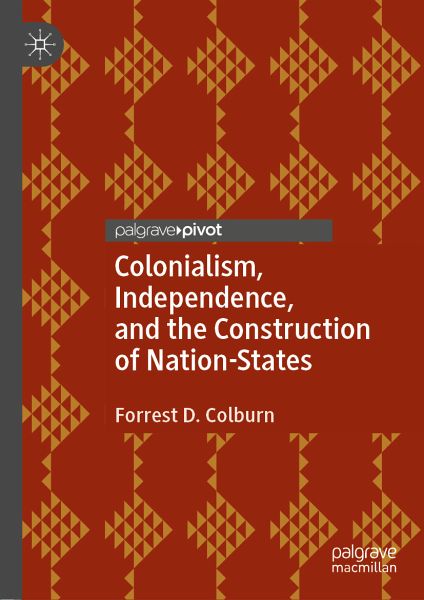
Colonialism, Independence, and the Construction of Nation-States (eBook, PDF)
Versandkostenfrei!
Sofort per Download lieferbar
44,95 €
inkl. MwSt.
Weitere Ausgaben:

PAYBACK Punkte
22 °P sammeln!
This book investigates studies on colonialism and anti-colonialism from Africa, the Middle East, Asia, and Latin America. The author begins by recounting the deleterious impact of colonialism and then focuses on the heady days of anti-colonialism nationalism. He traces how the system fell apart: leaders, especially those of the second-generation, often turned out to be inept and corrupt; structural obstacles led poor countries to continue to depend on the export of commodities; advanced countries promised to help, but did not prove useful; when growth was possible, here and there, the fruits o...
This book investigates studies on colonialism and anti-colonialism from Africa, the Middle East, Asia, and Latin America. The author begins by recounting the deleterious impact of colonialism and then focuses on the heady days of anti-colonialism nationalism. He traces how the system fell apart: leaders, especially those of the second-generation, often turned out to be inept and corrupt; structural obstacles led poor countries to continue to depend on the export of commodities; advanced countries promised to help, but did not prove useful; when growth was possible, here and there, the fruits of development were seldom distributed widely. This project will appeal to the academics, researchers, and students in the fields of comparative politics, development studies, government, and economics.
Dieser Download kann aus rechtlichen Gründen nur mit Rechnungsadresse in A, B, BG, CY, CZ, D, DK, EW, E, FIN, F, GR, HR, H, IRL, I, LT, L, LR, M, NL, PL, P, R, S, SLO, SK ausgeliefert werden.




